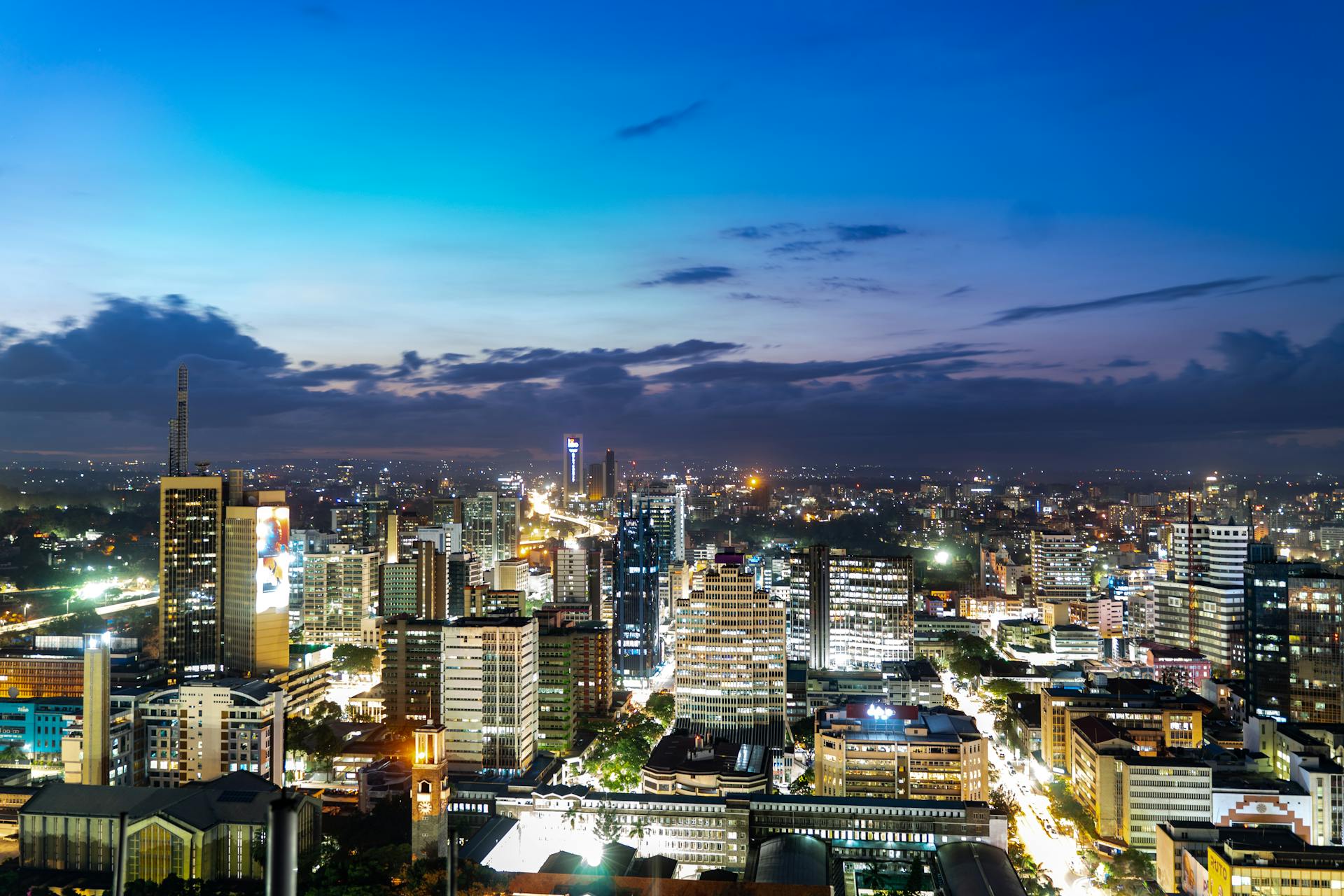Introduction
With Nairobi's property market growing increasingly saturated, many investors are exploring Nairobi’s satellite towns as promising alternatives. Locations such as Ruiru, Kitengela, Thika, and Syokimau offer unique opportunities for property buyers, but like any investment, buying land in these areas comes with both advantages and challenges. Here’s a comprehensive look at the pros and cons of investing in land in Nairobi’s satellite towns.
Affordability and Higher Return on Investment
Land in satellite towns is typically more affordable than in Nairobi’s central neighborhoods. For first-time buyers or those with budget constraints, these areas provide a chance to invest in property without the high costs of the capital. Investors can secure larger plots or even multiple parcels at the cost of a small plot within Nairobi. Satellite towns are experiencing rapid development, with new amenities, improved infrastructure, and a rising influx of residents. This growth drives up property values, making land in these towns an attractive option for those looking for value appreciation. Buyers who invest early can expect significant returns as these towns continue to expand and develop.
Potential for Future Urban Development
Land parcels in satellite towns are often larger, allowing for more flexibility in development. Whether you're looking to build a family home, rental units, or commercial spaces, satellite towns offer enough room to pursue various development projects. This is especially beneficial for agribusiness investors, who need larger areas at a reasonable price. Satellite towns are integral to Nairobi’s urban sprawl, with many earmarked for future development projects such as the Nairobi Metropolitan Service’s infrastructure expansions. As towns like Athi River and Ngong become more connected through new roads and commuter rail systems, they become more attractive for both residential and commercial buyers. This integration improves accessibility, further boosting property values and demand.
Infrastructure Gaps and Longer Commute Times
While some satellite towns have rapidly developed, others still lack basic infrastructure such as reliable roads, water supply, and electricity. Buyers need to be aware of the current infrastructure and future development plans before purchasing land, as these factors heavily influence property values and livability. Despite ongoing efforts to improve connectivity, some satellite towns are still a considerable distance from Nairobi's central business district (CBD). Daily commuting can be time-consuming, especially during peak hours. For those planning to work or frequently visit Nairobi’s CBD, commuting can impact the desirability of living in a satellite town.
Risk of Unregulated Development/ Availability of Social Amenities
With rapid urbanization comes the risk of unregulated or poorly planned development. In some satellite towns, inconsistent zoning and lack of planning have led to haphazard development, which can affect property values negatively. Buyers should research local development plans and zoning regulations to mitigate this risk. While satellite towns are growing, they may still lack certain social amenities such as quality schools, hospitals, and shopping centers compared to Nairobi. However, some towns are catching up as developers recognize the need for these facilities. Until amenities are fully established, some residents may face challenges finding quality services close to home.
← Back to Blog